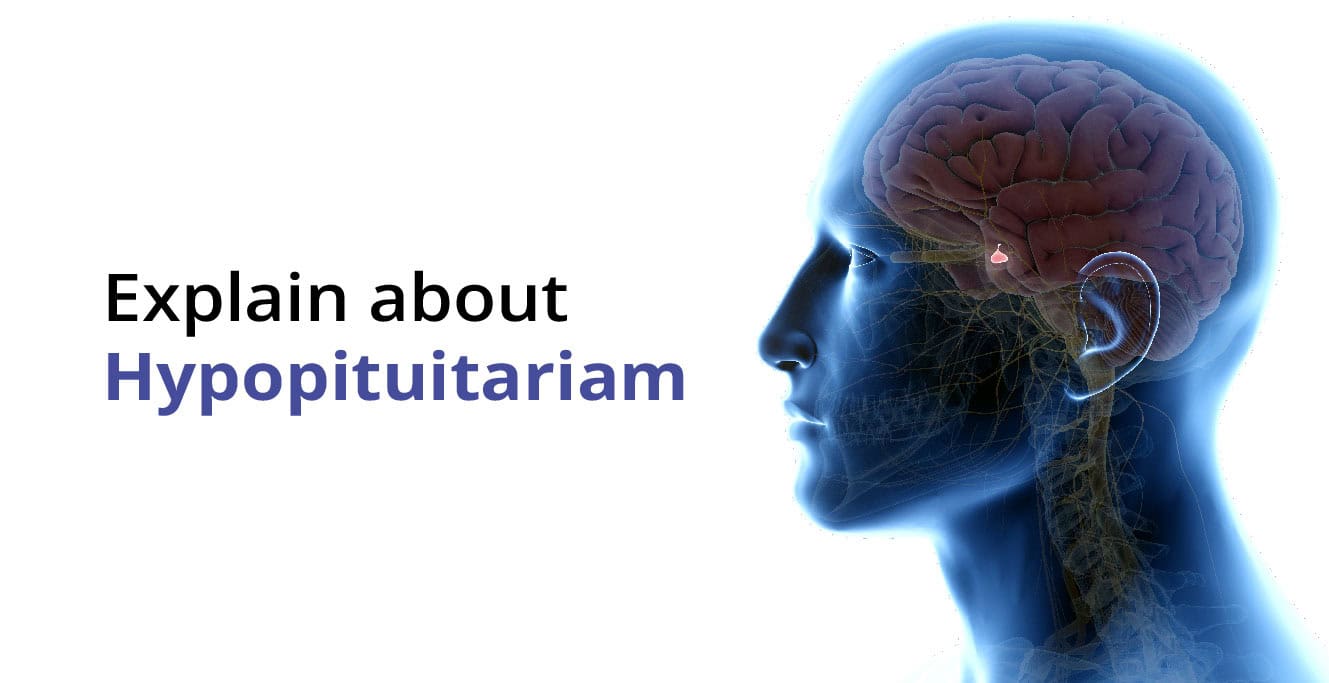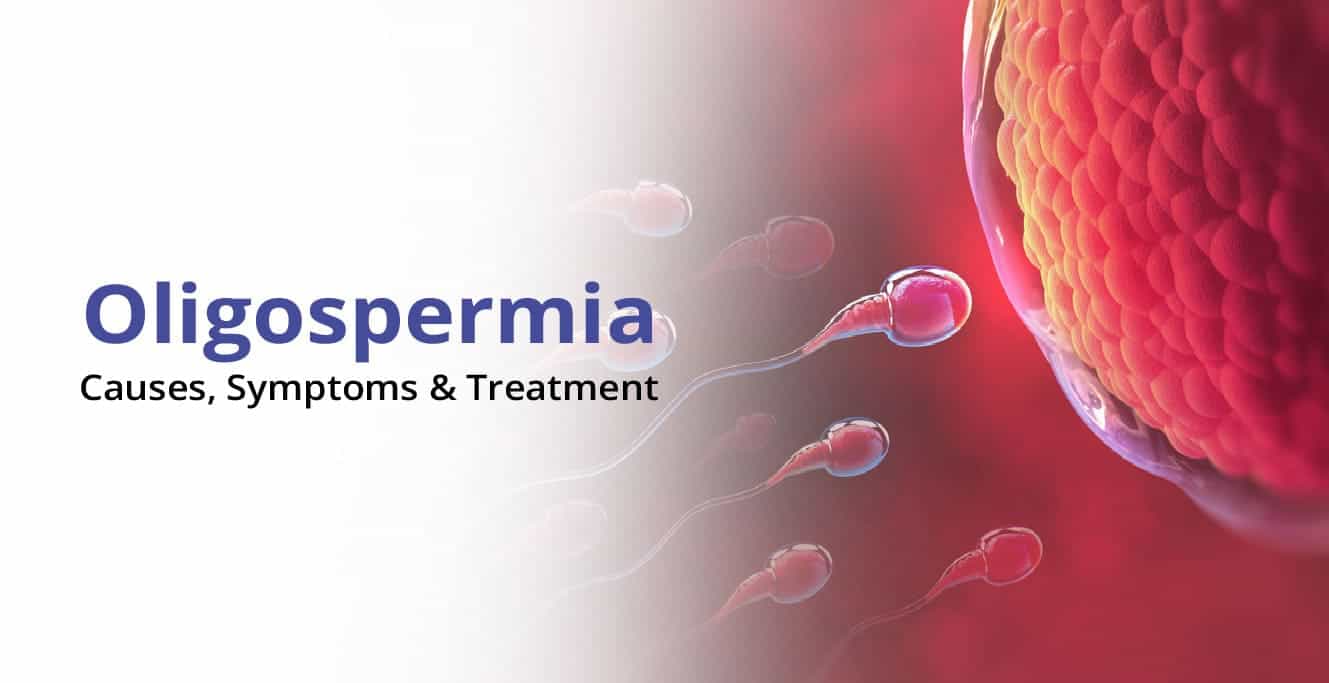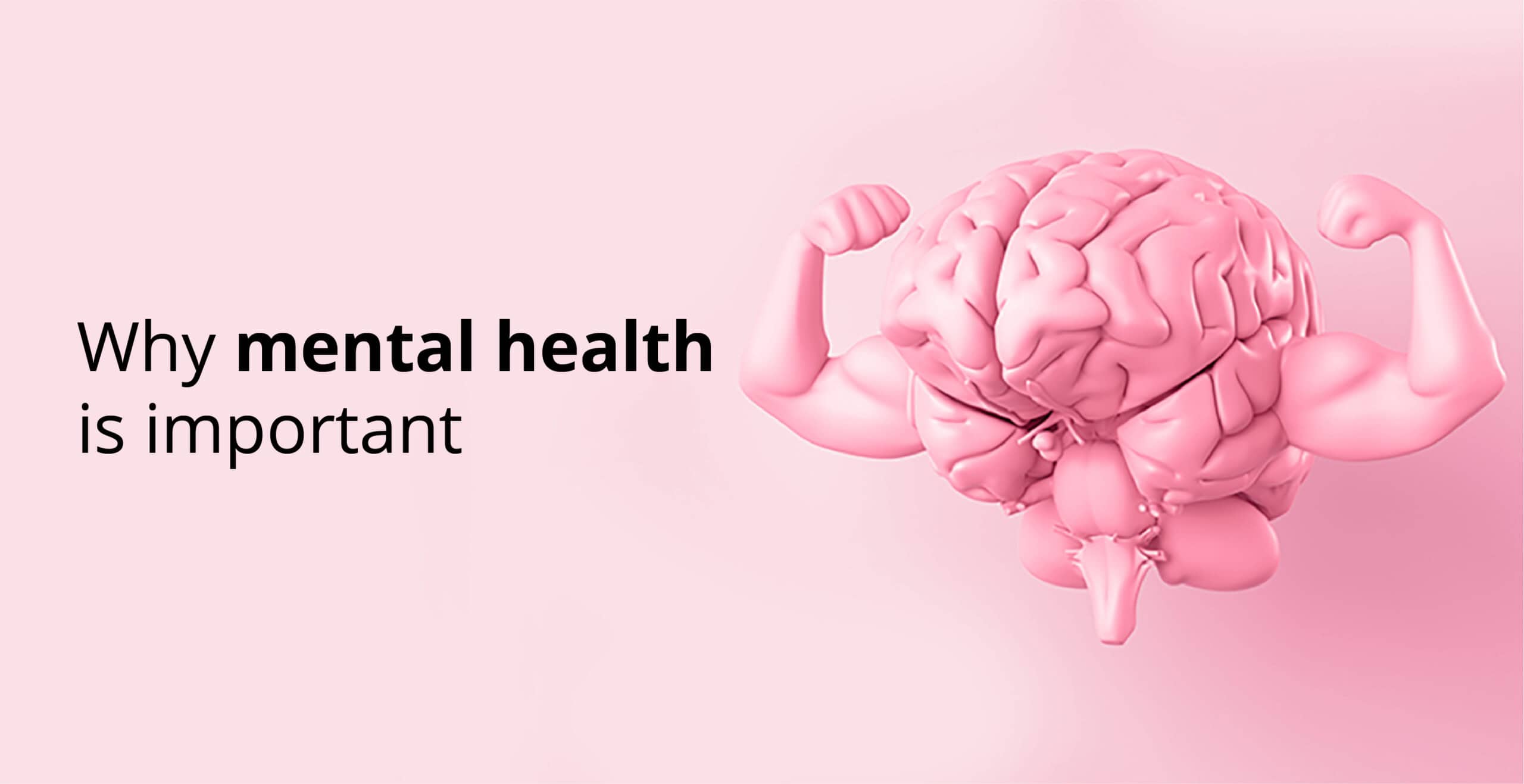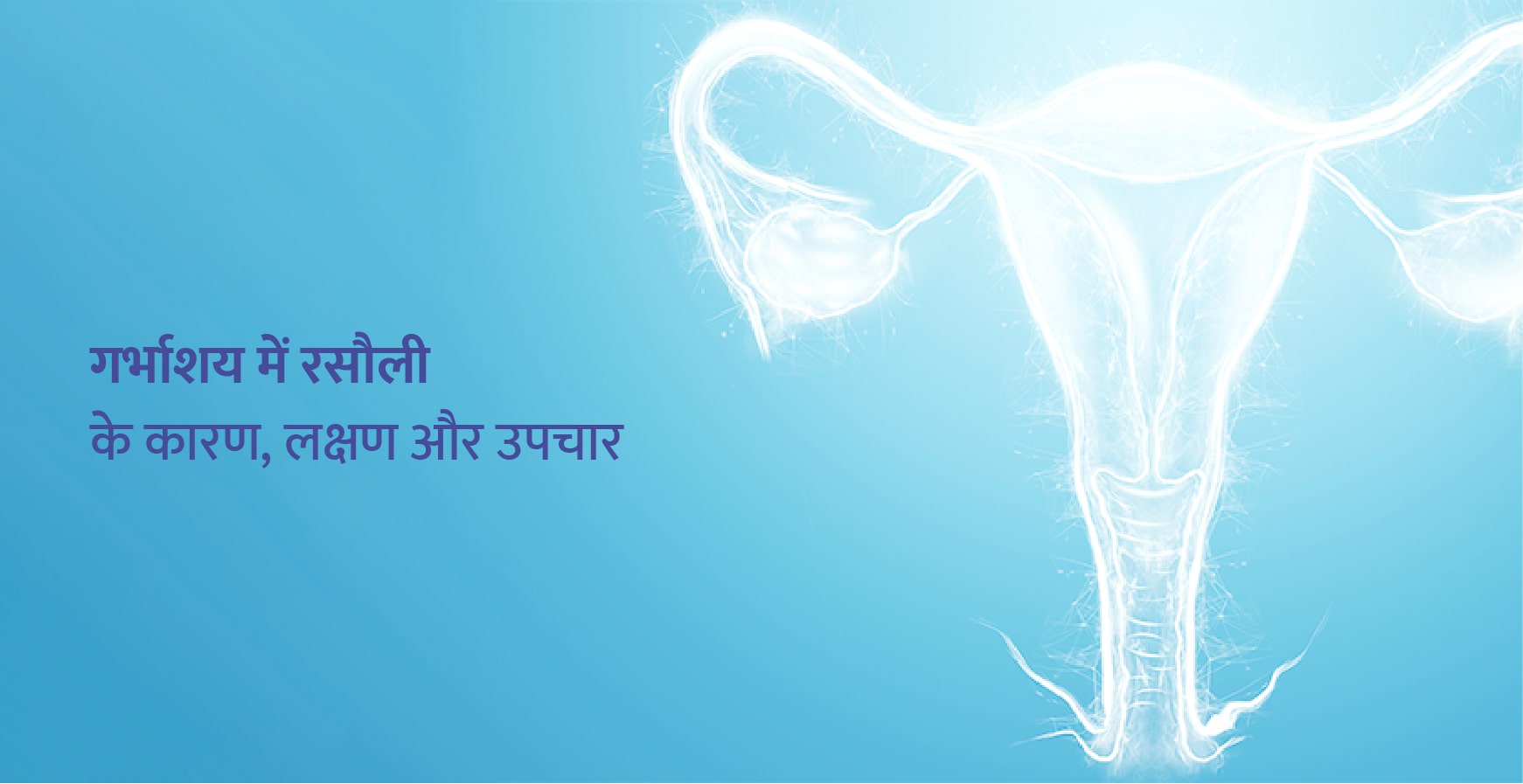Hypopituitarism Symptoms, Causes & its Treatment
- Published on September 12, 2022

Table of Contents
Background
The pituitary gland is an endocrine gland in the base of your brain. It is the size of a kidney bean and controls all the other hormone-producing glands in the body.
This gland also produces several hormones that have an impact on various parts of your body. When it malfunctions, it could lead to a condition called hypopituitarism.
Hypopituitarism meaning
Hypopituitarism is a rare pituitary gland disorder where the gland fails to function normally. Since this gland produces hormones that influence the functioning of different parts of the body, the disease can manifest itself in different ways.
Hypopituitarism symptoms include abnormal blood pressure, body growth, and reproduction issues, depending on which hormones are deficient or absent.
Types of hypopituitarism
Hypopituitarism definition includes three types of hypopituitarism – primary, secondary, and idiopathic hypopituitarism:
Primary hypopituitarism
Here, your condition is due to a defective pituitary gland and the resulting pituitary insufficiency.
Secondary hypopituitarism
You will experience this type of hypopituitarism if there is damage or a disorder in your hypothalamus. It is a structure within the brain that controls the functioning of the pituitary gland.
Idiopathic hypopituitarism
Your doctor will classify your condition as idiopathic if the cause cannot be identified.
Hypopituitarism symptoms
The pituitary gland produces multiple hormones. Hypopituitarism causes usually comes from a malfunctioning pituitary gland.
You will experience varied symptoms depending on the particular hormone deficiency. The symptoms will manifest themselves depending on your age, sex, the specific hormones that are deficient, and the rapidity by which your hormones are decreasing.
Here are symptoms according to particular hormone deficiencies:
Hypopituitarism symptoms based on specific hormone deficiency in newborns, children, and adults
| Lacking Hormone | Symptoms in Newborns | Symptoms in Children | Symptoms in Adults |
| Growth hormone | Hypoglycaemia (low blood sugar) Abnormally small penis (micropenis) | Slow growth, short height, delayed sexual development | Reduced sense of well-being, low libido, high body fat, decreased muscle mass, fatigue |
| Thyroid-stimulating hormone (TSH) | Decreased muscle tone, low body temperature (hypothermia), bulging belly, hoarse cry | Thinning hair, dry skin, fatigue, depression, muscle weakness, weight gain, constipation, sensitivity to cold temperatures | Same as in children except for heavy and/or irregular periods in women |
| Follicle-stimulating hormone (FSH) and/or luteinizing hormone (LH) | Abnormally small penis (micropenis), undescended testicles (cryptorchidism) | Absent breast development for girls, absent testicular enlargement for boys, lack of growth spurt during puberty | Low libido, fatigue, infertility, erectile dysfunction, low growth of facial and body hair.
For women, hot flashes, irregular periods, reduced pubic hair, and absence of breast milk. |
| Adrenocorticotropic hormone (ACTH or corticotropin) | Hypoglycaemia, low rate of weight gain, seizures, jaundice | Fatigue, sudden weight loss, low blood pressure, hypoglycaemia, confusion | Same as in children |
| Antidiuretic hormone (ADH or vasopressin or arginine vasopressin) | Vomiting, fever, constipation, frequent urination, weight loss | Bedwetting, fatigue, difficulty to toilet train | Frequent thirst, frequent urination, electrolyte imbalance |
| Prolactin | NA | NA | Absence of breast milk following childbirth |
| Oxytocin | NA | NA | Interrupted breast milk flow, difficulty to bond with the baby, lack of empathy, difficulty interacting with people |
Hypopituitarism treatment
Initially, your doctor will aim to restore your hormones to normal levels. Hypopituitarism treatment is usually through hormone supplements and injections, and we call it hormone replacement.
In most cases, your body can show a partial or even complete recovery with the correct hormones and dosages.
Some of the medications that you might be prescribed include but are not limited to:
- Levothyroxine
- Growth hormone
- Corticosteroids
- Sex hormones (testosterone and oestrogen)
- Fertility hormones
In most cases, patients have to take medication for the rest of their lives.
Hypopituitarism causes
You might wonder why hypopituitarism occurs in the first place. It can happen due to several health conditions.
There are two primary hypopituitarism causes – primary hypopituitarism and secondary hypopituitarism.
Primary hypopituitarism
Primary hypopituitarism is a condition that arises from a disorder of your pituitary gland. It could also occur if there is a defect or malfunction with your pituitary hormone-secreting cells.
Secondary hypopituitarism
This type of pituitary insufficiency doesn’t originate directly from the pituitary gland. It can occur as a result of issues with the hypothalamus or pituitary stalk. It results in pituitary insufficiency.
Conclusion
Hypopituitarism can impact your sexual health adversely and prevent you from leading a healthy sex life. It can reduce your quality of life in other aspects, too.
In case you suffer from the symptoms we have described here, you can visit Birla Fertility & IVF centre or book an appointment with Dr Rasmin Sahu, who will conduct suitable tests and recommend a line of treatment to put you on the road to good health.
FAQs
1. Can hypopituitarism be fatal?
Although a rare occurrence, extreme hypopituitarism can lead to death. It is the main reason why you should take this disease seriously. If you are diagnosed with this medical condition or if you even suspect that you may have it, do not neglect it.
Get immediate medical attention. In case of a medical emergency related to suspected pituitary insufficiency, get in touch with your healthcare provider and reach the nearest emergency room immediately to prevent further escalation of your condition.
2. What are the risk factors that can lead to hypopituitarism?
You might develop this condition due to the following reasons:
- Cancer: If you previously had cancer or were subjected to radiation treatment, excessive radiation can cause damage to your pituitary gland.
- Head or brain trauma: Studies have revealed that individuals who suffered some degree of brain injury developed hypopituitarism from a few months to even 12 years after the trauma.
- Sickle cell anaemia: Sickle cell anaemia is known to lower the level of pituitary hormones.
- Type 1 diabetes: Failure to manage type 1 diabetes can result in nerve and vascular damage and eventually result in hypopituitarism symptoms.
- Genetic mutations: Having a family history of hypopituitarism can also lead to you inheriting this medical issue.
- Pregnancy and childbirth: A rare medical condition called lymphocytic hypophysitis sometimes occurs in pregnant women that can cause pituitary insufficiency. It can also occur due to another medical condition called Sheehan syndrome associated with heavy bleeding after childbirth.
3. Is hypopituitarism hereditary?
Occasionally, the origin of hypopituitarism can be genetic. It means that the condition gets passed down across generations. In such cases, the symptoms will appear at birth or in early childhood.
Although there is an increase in genetically-caused hypopituitarism, many congenital cases remain unsolved. There is much research going on in this aspect of the disease.
4. Is hypopituitarism preventable?
You cannot prevent hypopituitarism from occurring. It is important to know the risk factors, which enables early detection and effective treatment during the early stages of the disease.
5. What medication is prescribed for hypopituitarism?
There is no “one-size-fits-all” hypopituitarism treatment in the way you would take paracetamol to fight fever or aspirin if you have a headache. A healthcare provider will prescribe medication depending on the specific hormones that are deficient in your body.
6. Which medical specialist can diagnose hypopituitarism?
Hypopituitarism is a disease that affects the pituitary gland, which is an endocrine gland. Accordingly, an endocrinologist is a specialist doctor who treats endocrine disorders and will treat your pituitary insufficiency.
Related Posts
Written by:
Dr. Rasmin Sahu
Consultant
Dr. Rasmin Sahu is a dedicated healthcare professional with expertise in male and female infertility. She has received appreciation for her invaluable service during the COVID-19 pandemic and has actively participated in various conferences related to reproductive health.
Cuttack, Odisha
Our Services
Fertility Treatments
Problems with fertility are both emotionally and medically challenging. At Birla Fertility & IVF, we focus on providing you with supportive, personalized care at every step of your journey towards becoming a parent.Male Infertility
Male factor infertility accounts for almost 40%-50% of all infertility cases. Decreased sperm function can be the result of genetic, lifestyle, medical or environmental factors. Fortunately, most causes of male factor infertility can be easily diagnosed and treated.We offer a comprehensive range of sperm retrieval procedures and treatments for couples with male factor infertility or sexual dysfunction.
Donor Services
We offer a comprehensive and supportive donor program to our patients who require donor sperm or donor eggs in their fertility treatments. We are partnered with reliable, government authorised banks to source quality assured donor samples which are carefully matched to you based on blood type and physical characteristics.Fertility Preservation
Whether you have made an active decision to delay parenthood or are about to undergo medical treatments that may affect your reproductive health, we can help you explore options to preserve your fertility for the future.Gynaecological Procedures
Some conditions that impact fertility in women such as blocked fallopian tubes, endometriosis, fibroids, and T-shaped uterus may be treatable with surgery. We offer a range of advanced laparoscopic and hysteroscopic procedures to diagnose and treat these issues.Genetics & Diagnostics
Complete range of basic and advanced fertility investigations to diagnose causes of male and female infertility, making way for personalized treatment plans.Fertility Calculators
Empower your journey to parenthood with our fertility calculators. Accurate, personalized guidance for your fertility goals.
Our Blogs
To Know More
Speak to our experts and take your first steps towards parenthood. To book an appointment or to make an enquiry, please leave your details and we will get back to you.








































